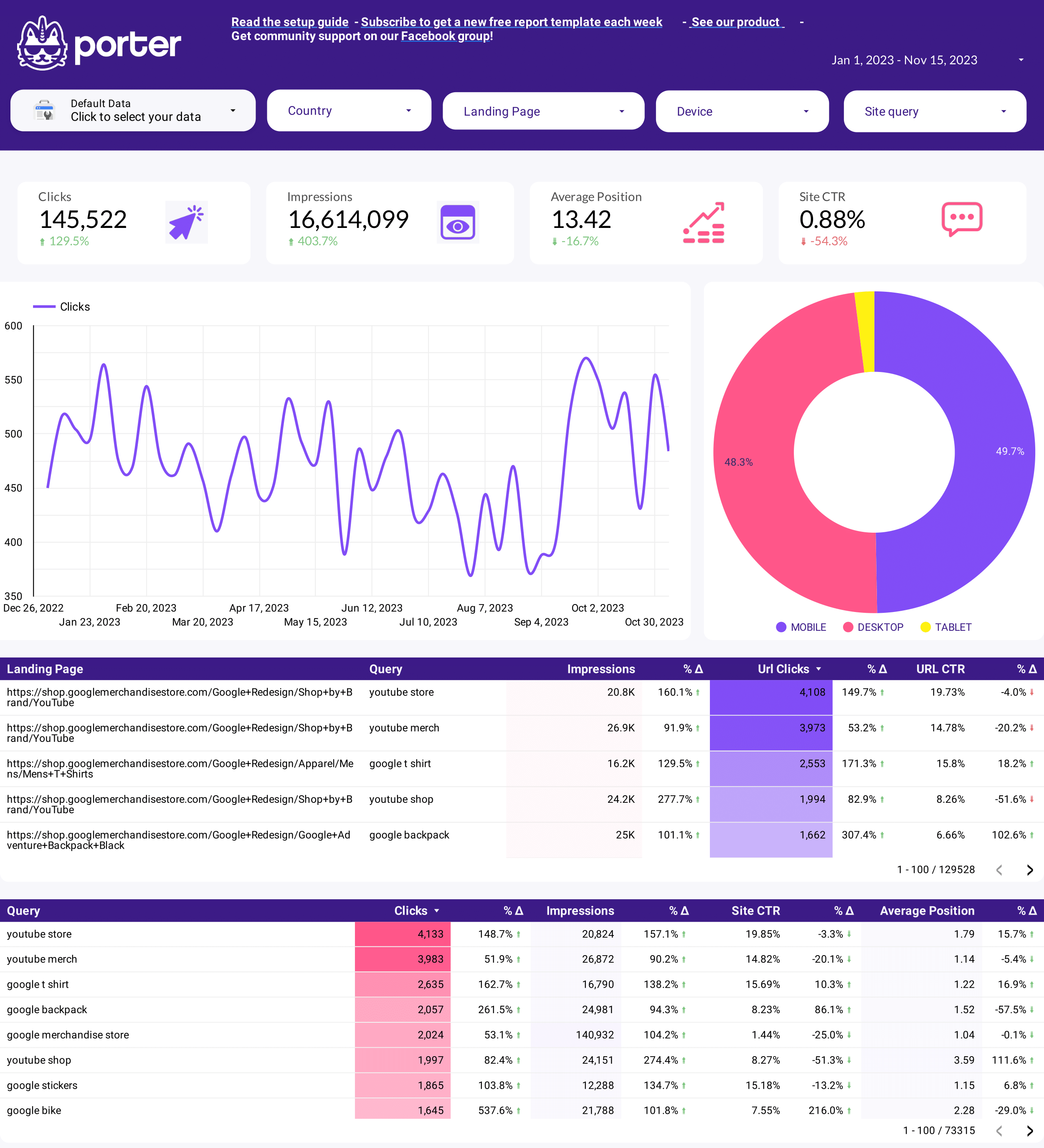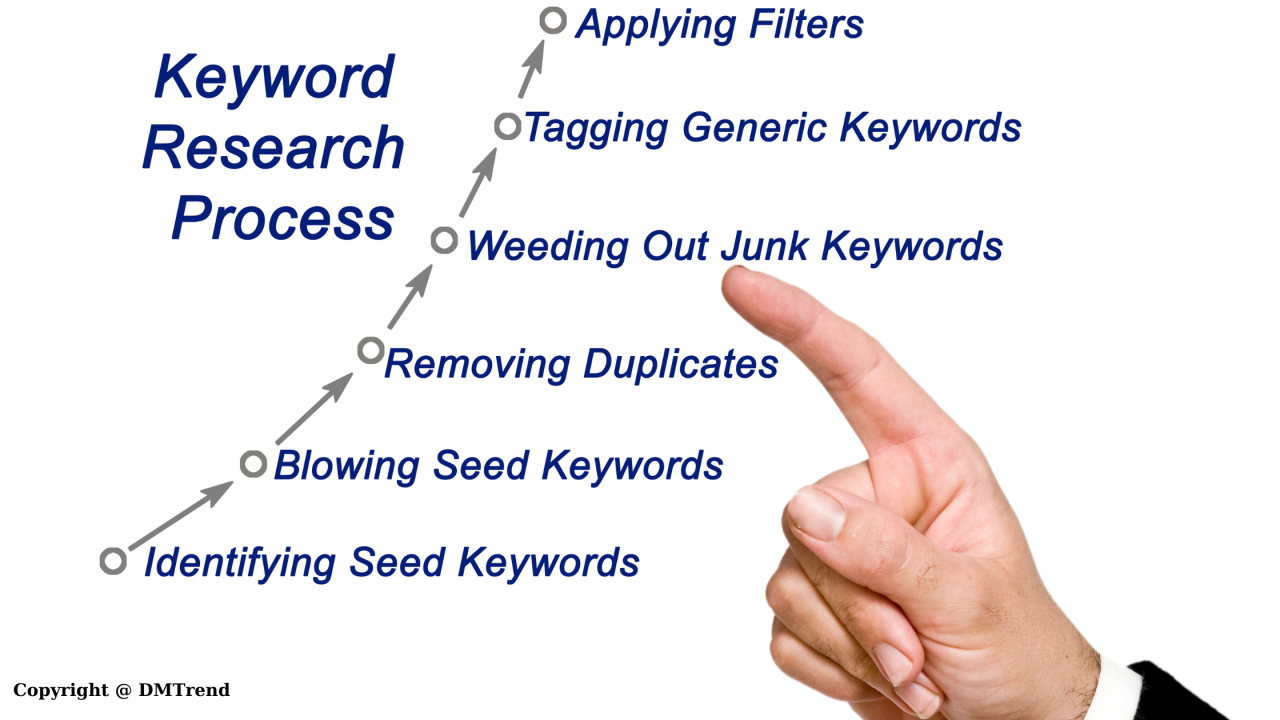Unlocking The Power Of Keyword Search Ranking API For Superior SEO
Listen up, folks. If you're in the SEO game, you know how tough it can get trying to rank higher on search engines. The competition is fierce, and staying ahead feels like running a marathon with no finish line. But hey, here's the thing: what if there was a secret weapon that could give you the upper hand? Enter keyword search ranking API. This little gem is like your personal cheat code to unlocking superior SEO performance. Let’s dig in and see why this matters so much to you.
Let me break it down for ya. A keyword search ranking API is essentially a tool that helps you monitor, analyze, and optimize your website's performance based on specific keywords. It’s not just about guessing which words will work; it’s about getting real-time data that tells you exactly where you stand. This is gold for anyone serious about climbing the SERP ladder. And trust me, when you’re dealing with Google’s ever-changing algorithms, having this kind of intel is crucial.
So, if you're wondering how this magical API works and why it's such a big deal, you're in the right place. In this article, we're going to deep dive into everything you need to know about unlocking the power of keyword search ranking API for superior SEO. Get ready to level up your strategy and take your online presence to the next level. No fluff, just actionable insights. Let’s go!
Read also:Bryan Adams Personal Life A Deep Dive Into The Life And Legacy Of The Iconic Musician
Table of Contents
What is a Keyword Search Ranking API?
How Does Keyword Search Ranking API Work?
Benefits of Using a Keyword Search Ranking API
Choosing the Right Keyword Search Ranking API
Read also:The Iconic Portrayal Of Lois Lane By Teri Hatcher A Lasting Legacy
Top Tools to Use for Keyword Search Ranking API
Integrating API into Your Workflow
The Future of Keyword Search Ranking API
Conclusion: Unlock Your SEO Potential
What is a Keyword Search Ranking API?
Alright, let’s start with the basics. A keyword search ranking API is basically a software interface that allows you to access and retrieve data related to keyword rankings. Think of it as your personal detective in the world of SEO. It gathers information from search engines and delivers it straight to your dashboard. You can track how well your target keywords are performing, where they rank, and even compare them against competitors. This level of insight is game-changing for businesses looking to dominate their niche.
This API doesn’t just stop at tracking rankings. It also provides historical data, so you can see trends over time. Are your rankings improving or declining? Is there a seasonal pattern? These are questions you can answer with the help of a keyword search ranking API. Plus, it gives you actionable insights that you can use to tweak your SEO strategy on the fly.
Why Should You Care?
Here’s the deal: SEO isn’t just about stuffing keywords anymore. Google and other search engines are smarter than ever, and they reward websites that provide value to users. A keyword search ranking API helps you stay ahead of the curve by giving you the data you need to make informed decisions. Whether you’re a small business owner or a digital marketer managing multiple campaigns, this tool is your secret weapon.
How Does Keyword Search Ranking API Work?
Let’s get into the nitty-gritty of how this thing works. At its core, a keyword search ranking API uses advanced algorithms to crawl search engine results pages (SERPs) and extract relevant data. It’s like sending out a team of bots to gather intel on behalf of your website. These bots collect information on where your keywords rank, what positions your competitors hold, and even which ads are showing up for certain queries.
Once the data is collected, it gets processed and delivered to your dashboard in an easy-to-understand format. You’ll see charts, graphs, and tables that break down the performance of your keywords. Some APIs even offer predictive analytics, helping you forecast future trends based on current data. It’s like having a crystal ball for your SEO efforts.
Steps Involved:
- Set up your API key and connect it to your platform.
- Input the keywords you want to track.
- Let the API do its thing and collect data from SERPs.
- Review the results and adjust your strategy accordingly.
Benefits of Using a Keyword Search Ranking API
Now that you know how it works, let’s talk about why you should use one. The benefits are numerous, but here are the top reasons:
- Real-Time Data: Get instant updates on how your keywords are performing without waiting for monthly reports.
- Competitive Analysis: Keep tabs on your competitors and see what strategies are working for them.
- Cost-Effective: Many APIs offer affordable pricing plans, making them accessible for businesses of all sizes.
- Scalability: Whether you’re tracking a handful of keywords or thousands, these APIs can handle it.
But wait, there’s more. A keyword search ranking API also helps you identify gaps in your SEO strategy. Are there keywords you’re missing out on? Are there opportunities to improve your content? This tool gives you the answers you need to stay competitive.
Choosing the Right Keyword Search Ranking API
With so many options available, choosing the right API can feel overwhelming. But don’t worry, I’ve got you covered. Here are a few things to consider when selecting a keyword search ranking API:
- Accuracy: Make sure the API provides reliable and accurate data. You don’t want to base your strategy on faulty information.
- Features: Look for an API that offers the features you need, such as historical data, competitor analysis, and predictive analytics.
- Integration: Ensure the API integrates seamlessly with your existing tools and platforms.
- Customer Support: Good support is key, especially if you run into issues or have questions.
Some popular options include Ahrefs, SEMrush, and Moz. Each has its own strengths, so it’s worth doing some research to find the best fit for your needs.
Role of API in SEO Strategy
Let’s talk about the bigger picture. A keyword search ranking API isn’t just a standalone tool; it’s an integral part of your overall SEO strategy. By providing real-time data and actionable insights, it helps you optimize your website for better rankings. You can use it to:
- Identify high-performing keywords and double down on them.
- Find low-hanging fruit keywords that are easier to rank for.
- Monitor your competitors and adjust your strategy accordingly.
- Track the impact of your SEO efforts over time.
In short, this API is your GPS for navigating the complex world of SEO. Without it, you’re flying blind and hoping for the best. With it, you’re equipped with the tools you need to succeed.
Data Security and Privacy
Before we move on, let’s address the elephant in the room: data security. When you’re working with an API, you’re sharing sensitive information about your website. That’s why it’s crucial to choose a provider that prioritizes security and privacy. Look for APIs that use encryption, secure connections, and comply with industry standards like GDPR.
Also, be mindful of who has access to your data. Some APIs allow multiple users, which can be great for collaboration but also poses risks if not managed properly. Always review the terms and conditions before signing up, and don’t hesitate to reach out to the provider with any concerns.
Top Tools to Use for Keyword Search Ranking API
Now, let’s talk tools. There are plenty of great options out there, but here are a few that stand out:
- Ahrefs: Known for its comprehensive data and user-friendly interface, Ahrefs is a go-to choice for many SEO professionals.
- SEMrush: Offers a wide range of features, including keyword tracking, competitor analysis, and content marketing tools.
- Moz: Provides powerful insights and tools for both beginners and advanced users.
- Rank Tracker: A budget-friendly option with robust keyword tracking capabilities.
Each of these tools has its own strengths, so it’s worth trying a few to see which one works best for you.
Integrating API into Your Workflow
So, you’ve chosen your API. Now what? The next step is integrating it into your workflow. Here’s how you can do it:
- Set Up Alerts: Configure the API to send you notifications when there are significant changes in your rankings.
- Create Dashboards: Use the data to create custom dashboards that give you a quick overview of your performance.
- Automate Reports: Schedule regular reports to keep track of your progress without manually checking every day.
By integrating the API into your workflow, you ensure that you’re always in the loop and can make timely adjustments to your strategy.
The Future of Keyword Search Ranking API
As technology continues to evolve, so does the world of SEO. Keyword search ranking APIs are no exception. We’re already seeing advancements in machine learning and AI that are making these tools even more powerful. In the future, we can expect APIs to become even more intelligent, offering predictive insights and automation capabilities that take the guesswork out of SEO.
But one thing is certain: the importance of data-driven decision-making in SEO isn’t going anywhere. As search engines become more sophisticated, having access to accurate and actionable data will be key to staying competitive. So, if you’re not already using a keyword search ranking API, now’s the time to get started.
Conclusion: Unlock Your SEO Potential
And there you have it, folks. Unlocking the power of keyword search ranking API for superior SEO is no longer a luxury; it’s a necessity. Whether you’re a solo entrepreneur or part of a large marketing team, this tool can help you achieve your goals faster and more efficiently. By providing real-time data, actionable insights, and competitive analysis, it gives you the edge you need to succeed in today’s digital landscape.
So, what are you waiting for? Dive in, explore the options, and find the API that works best for you. And remember, the sooner you start, the sooner you’ll see results. Don’t forget to leave a comment below and share your thoughts on how keyword search ranking APIs have impacted your SEO strategy. Let’s keep the conversation going!


